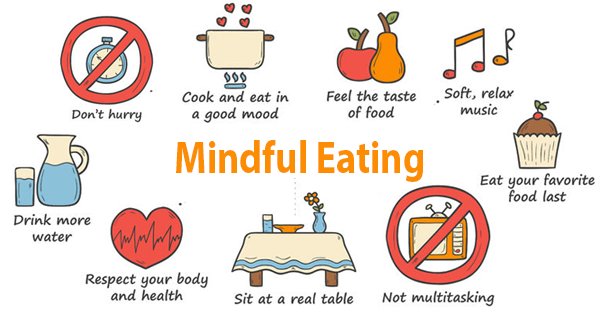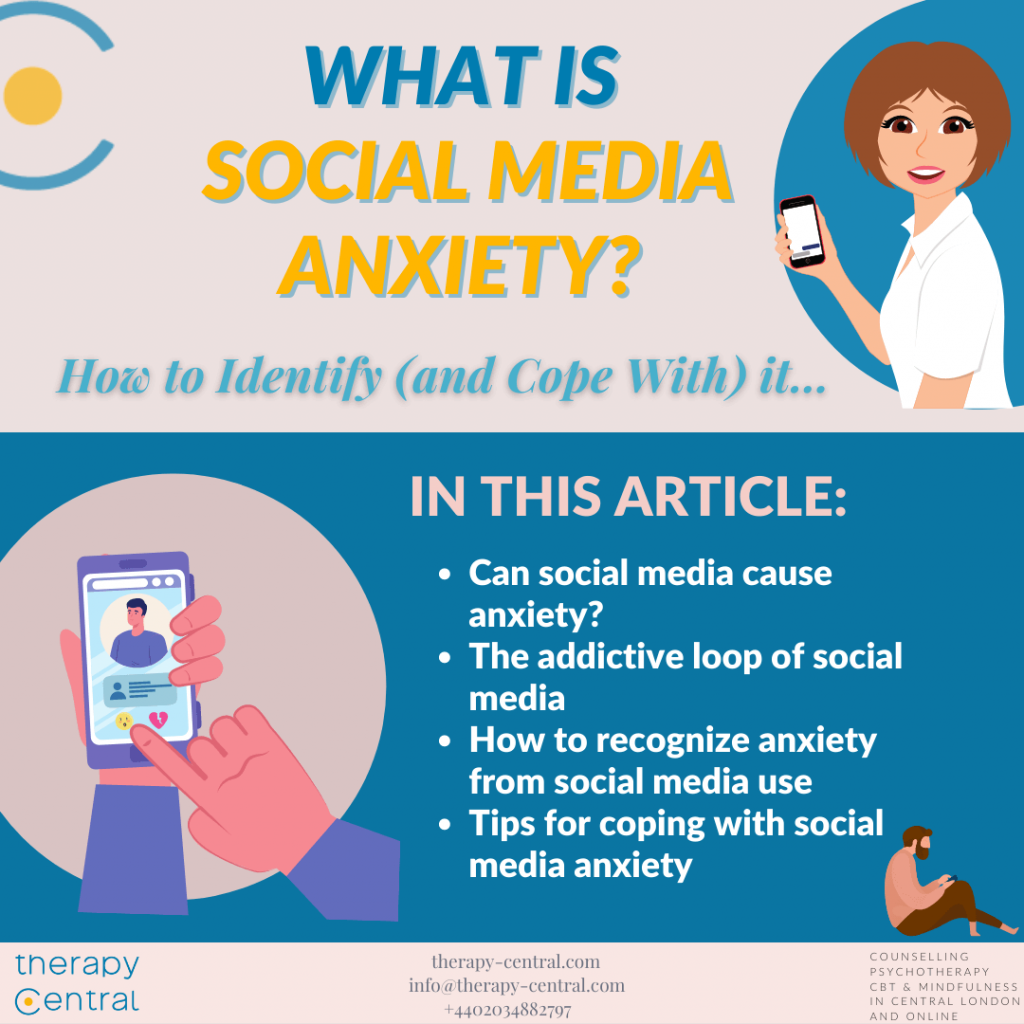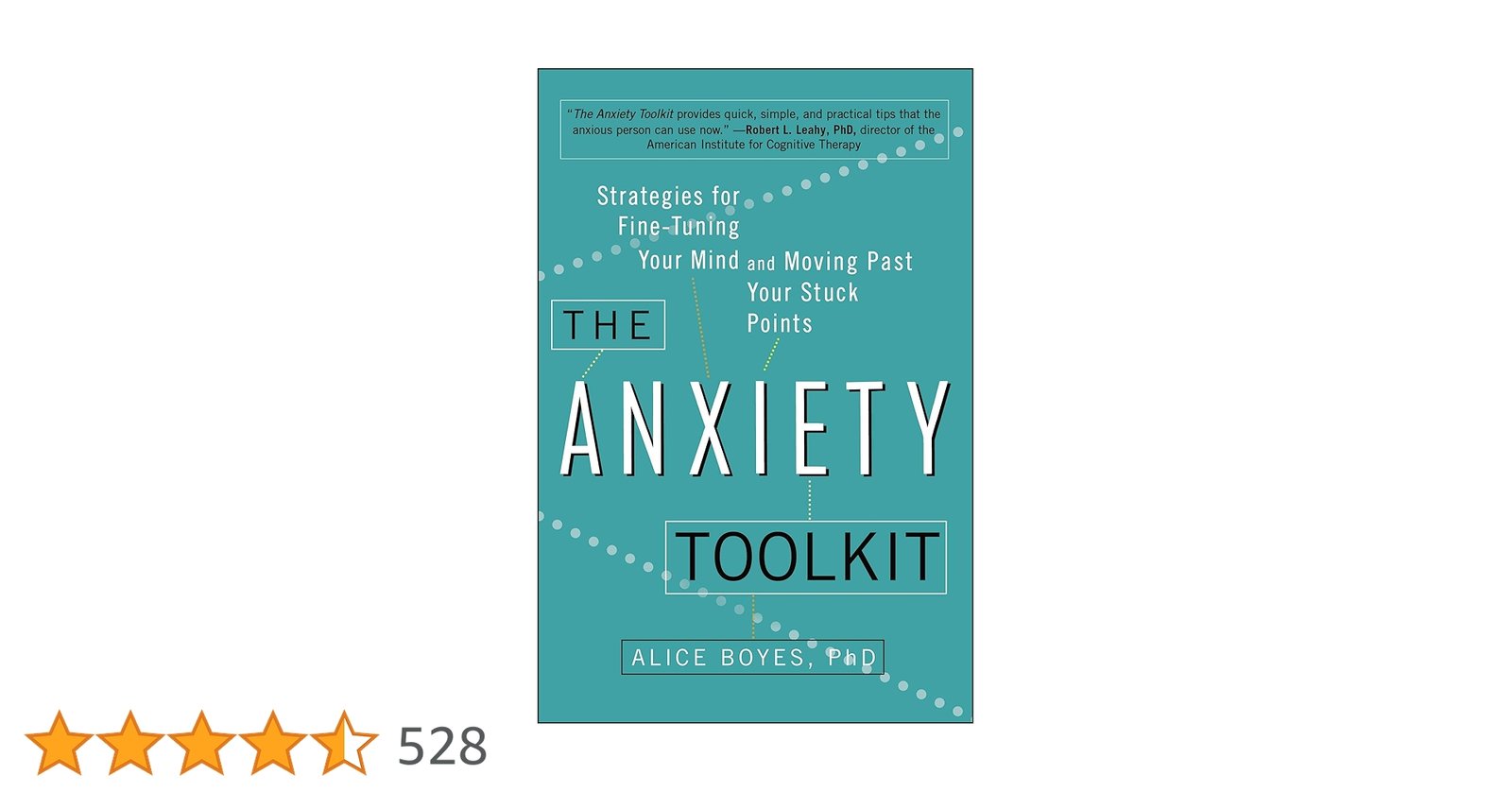Mindful eating is a practice that encourages individuals to pay full attention to the experience of eating, fostering a healthier relationship with food and promoting mental well-being. By cultivating awareness and presence during meals, individuals can enhance their psychological resilience, reduce stress, and improve overall mental health.
The Intersection of Diet and Mental Health
In recent years, the connection between diet and mental health has garnered significant attention. Emerging research suggests that what we eat can profoundly impact our mood, cognition, and emotional well-being. Mindful eating, a practice rooted in mindfulness meditation, has been identified as a powerful tool in improving mental health outcomes.
Mindful eating involves paying full attention to the experience of eating, noticing the colors, textures, and flavors of food, and listening to hunger and satiety cues without judgment. This approach contrasts with mindless eating, where individuals often eat on autopilot, distracted by screens or emotions, leading to overeating and poor digestion.

The Science Behind Mindful Eating and Mental Health
1. Reducing Emotional Eating
Emotional eating, or eating in response to feelings rather than hunger, is a common coping mechanism for stress, anxiety, or depression. Studies have shown that practicing mindful eating can help individuals recognize emotional triggers and develop healthier responses. For instance, a study published in the Journal of Behavioral Medicine found that participants who engaged in mindfulness-based interventions reported a significant reduction in emotional eating episodes.
2. Enhancing Psychological Well-being
Mindful eating has been associated with improved psychological well-being. Research indicates that individuals who practice mindfulness during meals experience greater life satisfaction, reduced depressive symptoms, and enhanced self-efficacy. A study published in Nutrients highlighted that mindfulness-based interventions led to significant improvements in mood and emotional regulation.
3. Strengthening the Gut-Brain Connection
The gut-brain axis, the bidirectional communication between the gut and the brain, plays a crucial role in mental health. Mindful eating practices can positively influence this connection by promoting healthy digestion and reducing gut inflammation. This, in turn, can lead to improved mood and cognitive function.
Practical Tips for Incorporating Mindful Eating
Adopting mindful eating practices doesn’t require drastic changes; small, intentional steps can make a significant difference. Consider the following strategies:
- Eat Without Distractions: Turn off screens and focus solely on your meal.
- Savor Each Bite: Pay attention to the taste, texture, and aroma of your food.
- Listen to Your Body: Eat when you’re hungry and stop when you’re satisfied, not full.
- Chew Slowly: Take time to chew each bite thoroughly, aiding digestion and promoting satiety.
- Practice Gratitude: Acknowledge the effort that went into preparing your meal and the nourishment it provides.

Real-Life Examples of Mindful Eating Impact
Case Study 1: Sarah’s Journey with Anxiety
Sarah, a 32-year-old marketing professional, struggled with anxiety and often turned to comfort foods for relief. After attending a mindful eating workshop, she began practicing mindfulness during meals. Over time, Sarah noticed a decrease in her anxiety levels and a healthier relationship with food. She reported feeling more in control of her eating habits and experienced fewer emotional eating episodes.
Case Study 2: John’s Experience with Depression
John, a 45-year-old teacher, battled depression and low energy levels. Incorporating mindful eating into his daily routine, he became more attuned to his body’s hunger cues and made healthier food choices. As a result, John experienced improved mood, increased energy, and a more positive outlook on life.
Addressing Common Challenges in Mindful Eating
While mindful eating offers numerous benefits, individuals may encounter challenges when adopting this practice:
- Time Constraints: Busy schedules can make it difficult to dedicate time to mindful eating. Solution: Start with one meal per day and gradually increase as time permits.
- Emotional Triggers: Stressful situations may lead to emotional eating. Solution: Practice mindfulness techniques, such as deep breathing, before meals to center yourself.
- Social Pressures: Eating in social settings may lead to mindless eating. Solution: Communicate your intentions to friends and family and request support.
Frequently Asked Questions (FAQs)
1. What is mindful eating?
Mindful eating is the practice of paying full attention to the experience of eating, noticing the colors, textures, and flavors of food, and listening to hunger and satiety cues without judgment.
2. How does mindful eating improve mental health?
Mindful eating can reduce emotional eating, enhance psychological well-being, and strengthen the gut-brain connection, leading to improved mood and cognitive function.
3. Can mindful eating help with weight management?
While mindful eating doesn’t focus on weight loss, it encourages healthier eating habits and a balanced relationship with food, which can contribute to weight management.
4. Is mindful eating suitable for everyone?
Mindful eating is generally beneficial for most individuals. However, those with eating disorders or specific medical conditions should consult with a healthcare professional before making dietary changes.
5. How can I start practicing mindful eating?
Begin by eating one meal per day without distractions, savoring each bite, and paying attention to your body’s hunger and fullness cues.
Conclusion: Embracing Mindful Eating for Better Mental Health
Mindful eating is more than just a dietary approach; it’s a lifestyle that promotes awareness, presence, and a deeper connection with oneself. By incorporating mindful eating practices, individuals can improve their mental health, foster a positive relationship with food, and enhance overall well-being.




